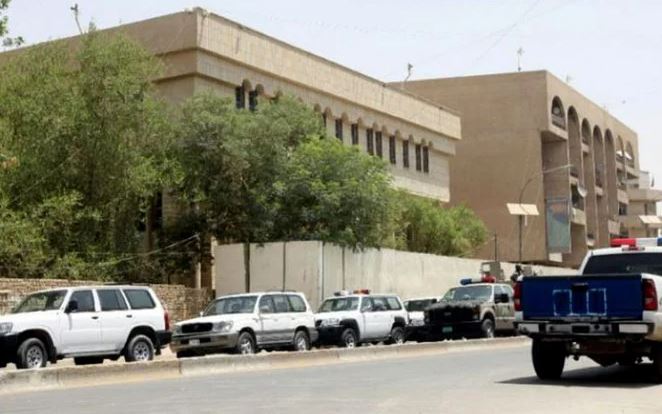BAGHDAD: An Iraqi investigative judge has questioned five senior tax officials over $2.5 billion in public funds that have gone missing, and more arrest warrants have been issued, authorities said on Tuesday.
An internal probe by the Finance Ministry in oil-rich Iraq has found that the money was withdrawn from the tax authority’s account at state-owned Rafidain Bank, the state news agency INA reported on Saturday.
Local media published a tax authority document showing the funds were withdrawn between September 2021 and August this year, transferred to the accounts of five companies using 247 checks, and then immediately withdrawn.
The Baghdad judge summoned five tax office officials, including the director-general, his deputy and a supervisor at the finance and control department, the supreme judicial council said in a statement Tuesday.
The five, who also include the head of the financial department and his deputy, were summoned under a penal code article relating to “intentional damage to funds at the Finance Ministry.”
Arrest warrants have separately been issued against the owners of the suspect companies, the judiciary statement said, adding that the companies’ bank accounts were frozen.
Late on Monday, the ministry also said that arrest warrants had been issued against the “owners of the companies and those who benefited from the withdrawal of this money.”
The ministry said that the head of the tax administration and individuals close to him had been fired in the wake of its internal investigation.
The five officials cited in the supreme judicial council statement appeared in front of the judge on Monday evening and on Tuesday and they provided statements, a judicial source said. The case was “still under investigation,” this source said.
Rafidain Bank said in a statement on Sunday that it had cashed the checks on the basis of official correspondence from the tax authority assuring their validity.
Corruption is rife in Iraq where it has caused widespread public anger, but criminal charges are rare and usually limited to mid-level government officials.

